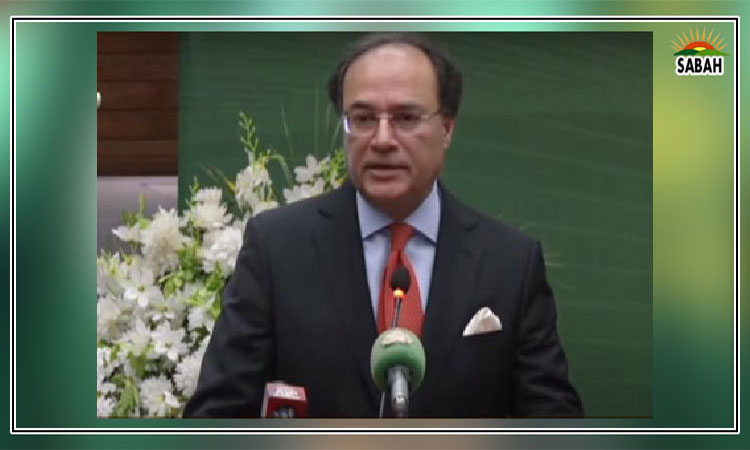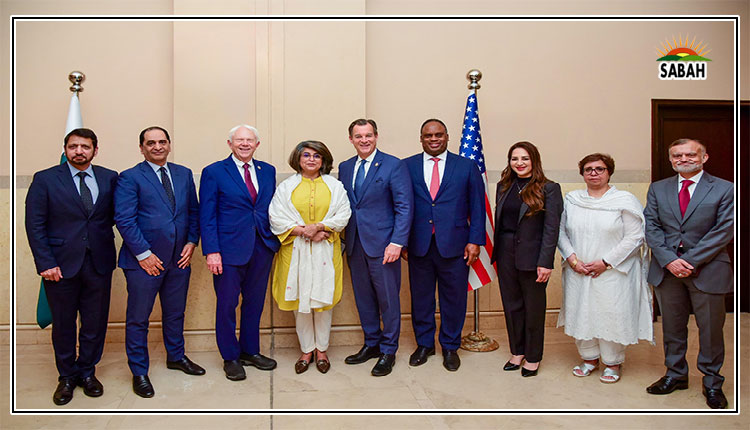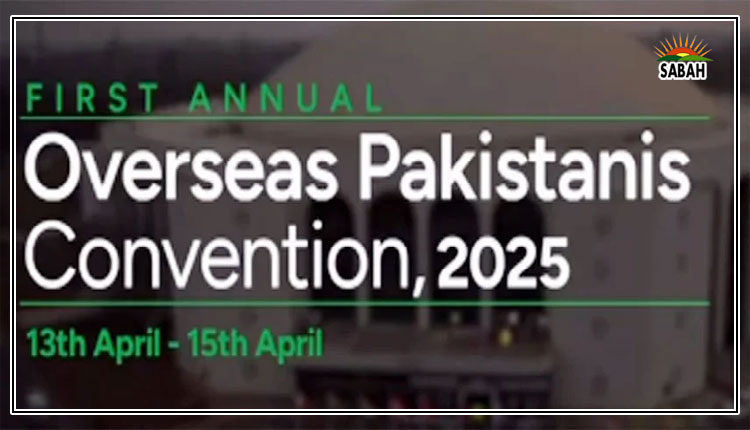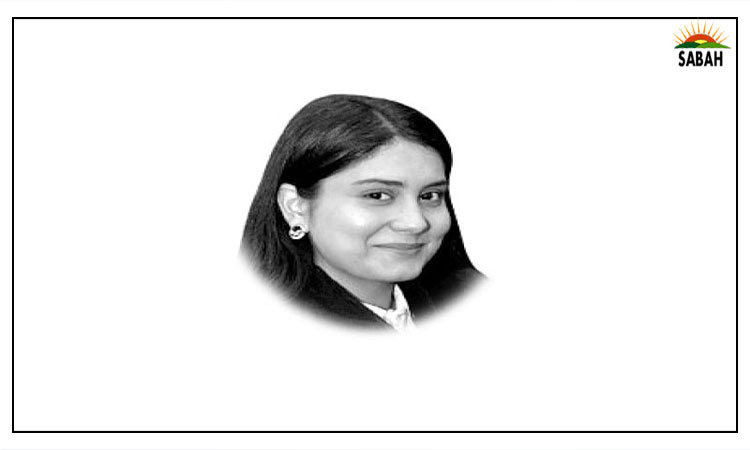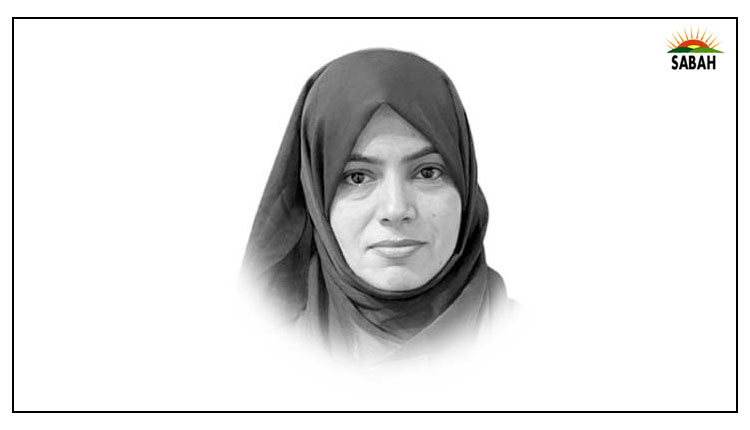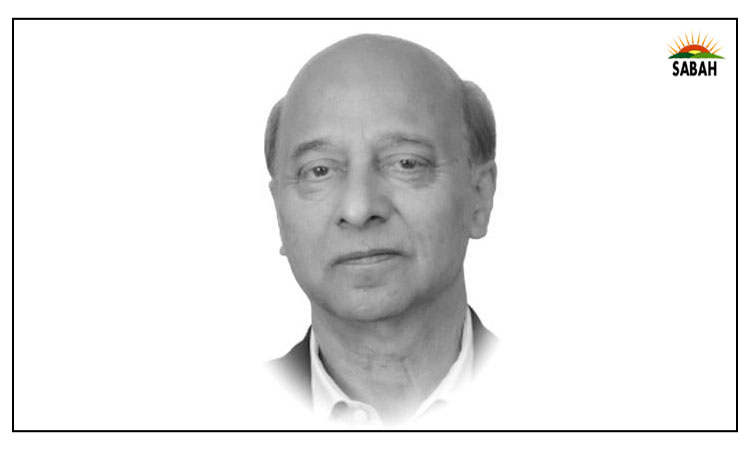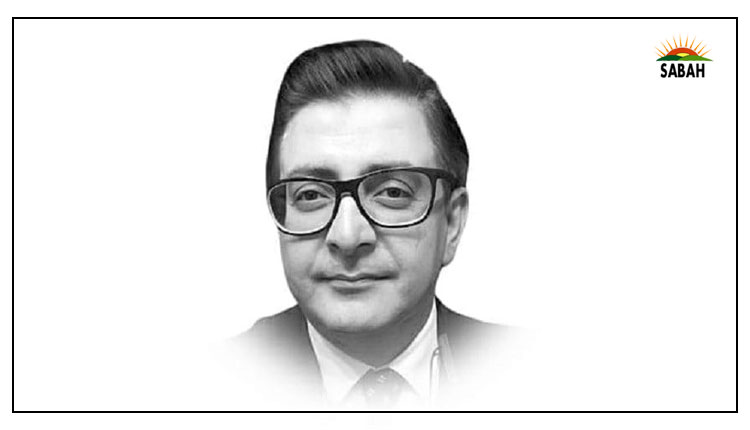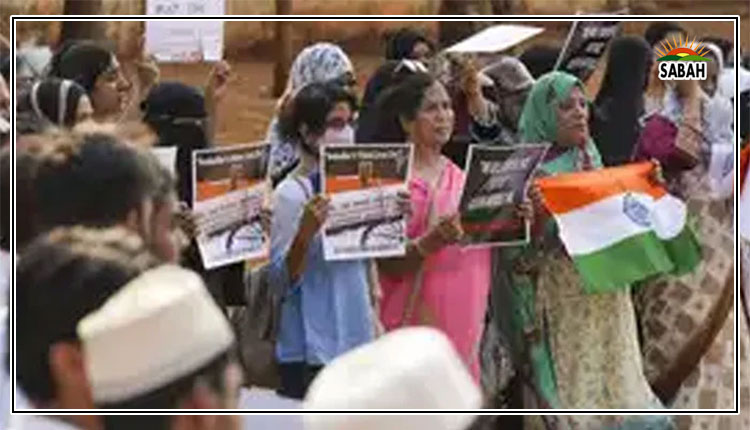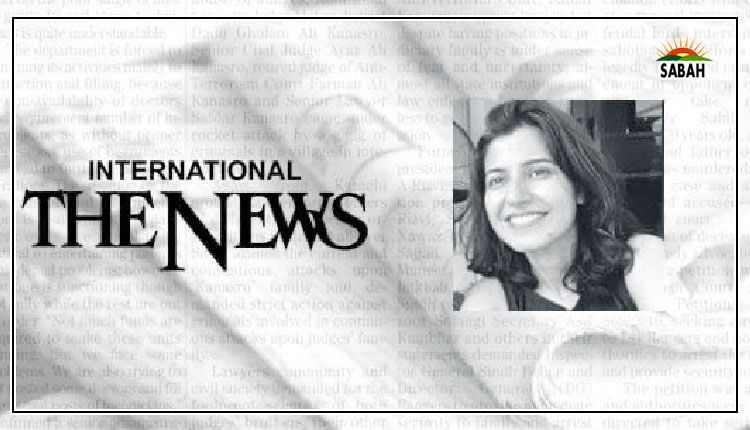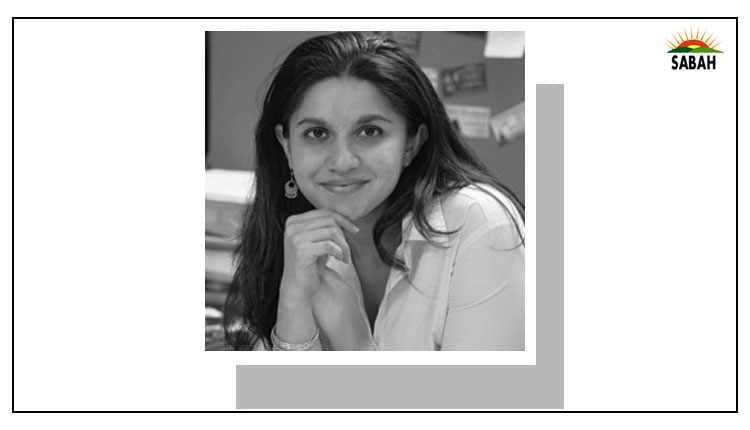People, politicians and political space… Kamila Hyat
When Imran Khan came to power in 2018 many hoped he would break the hold of the corrupt and inefficient two-party system, which had controlled Pakistans political space since 1988. But he failed to do so.Imrans failure has thrown the country into much deeper trouble and returned us to a situation where non-political forces are able to dictate certain events and possibly determine what is to happen next.
Imran and the project which began in 2012 and essentially led to him assuming power have failed. We are now many steps back and will have to struggle even harder to step out of the situation where democracies have turned hybrid, involving other factors beyond the parties elected by the people. This has been Pakistans tragedy.There still is political space for a genuine third force to step in. We have seen movements across Pakistan which show this to be true. The Haq Do movement in Gwadar led by the JIs Maulana Hidayat ur Rahman is one example. From the opposite end of the spectrum come activists and leaders like Manzoor Pashteen, Mohsin Dawar and Ali Wazir of the PTM who have clearly articulated the fact that all Pashtuns want is safety in their homeland.
There are other movements which reflect similar values made up of students in major urban centres and farmers outside them. We have sadly failed to value and recognize these movements and other forces which could be integrated into mainstream parties to give them a different voice.
One of our problems is that political governments have not traditionally been given enough freedom to govern. This is clear since 1988 when the first Benazir government was strongly controlled by forces who in many ways questioned the role of a woman as the head of government there were some officers who refused to even salute her.
The same pattern continued as Benazir Bhutto and Nawaz Sharif consistently changed places right until the end of 1999 and the entrance of Pervez Musharraf as the latest military ruler in the history of military rule which pushed Pakistan into huge trouble till 2008, when the PPP government was elected to power following the assassination of Benazir.
Between 2008 and 2018, we saw the first transitions of power from one democratic government to another. Had this process continued, perhaps people would have been able to find leaders who could truly serve them and could conform to their demands and needs. This did not happen. When Imran Khans turn came to hold the baton of power handed to him on a platter by those who backed and supported him for years his style of governance disrupted democracy to a great extent and created a culture of violence, notably amongst younger people who had never seen democracy really function, as it should.
The fact that democracy should really be based around constituencies rather than individuals who head parties has not really struck home in Pakistan, essentially because politics at the local level is so badly organized and ill-managed. But despite this, people understand what they want. They essentially need an opportunity to elect a leader who will take them towards a homeland which should have been in place many, many years ago. This of course never happened due to many factors, including the failure to build a true democracy and the hybrid nature of all our regimes since that of Zulfikar Ali Bhutto in 1971.
Even now, there is plenty of space for a third force to step in and assume power. People want change, and the desperation to obtain it was one of the reasons Imran Khan gained a cult following, notably among younger people. How this third force will be created is, however, a question we must unravel. The harsh truth is that given the turn of events, it now may take us many years perhaps a decade or more before we can return to the kind of democracy we saw between 2008 and 2018.
At this time, we need to plan for the future and see what kind of third force can appear on the scene. We have so far attempted to push back progressive forces who speak for the people and who know their language. Indeed, people from smaller provinces have been ill-represented for years. If we are to build a nation, we need a force which combines the strength of all our four provinces and other territories, as well as that of vulnerable groups, including women and people from minority communities so it can stand strong and move towards rebuilding Pakistan brick by brick, pillar by pillar.
The task is not an easy one. In many ways, Imran Khan has made it harder through his actions and through his ill-advised plans, which we all saw on May 9. But there is plenty of room for democratic growth in Pakistan. We need more parties. We need more voices. We need more choices for people. After all, Imran came to power essentially because people wished to vote for neither the PML-N nor the PPP. In other words, they opted to move away from the Sharifs and the Bhuttos.
If people have more options, they will be in a better position to choose and in turn build the kind of rainbow democracy made up of many shades that Pakistan so badly needs today.
The writer is a freelance columnist and former newspaper editor. She can be reached at:
kamilahyat@hotmail.com
Courtesy The News


